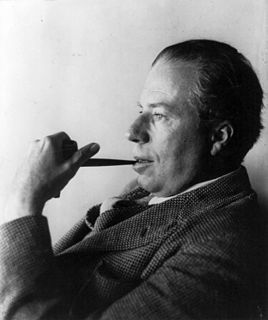A Quote by Edna Longley
Poetry is often very critical of the culture from which it emerges. Quite often literary critics of a nationalist bent talk up the national culture, in a way that the literary texts don't. Poetry can bring out areas of denial and repression.
Related Quotes
There is something essential and necessary about the immediacy and democracy of poetry. If you look at the history of literature, poetry is the one enduring genre from Homer to Ashbery - no other literary form has lasted as long. The novel is only two or three hundred years old... And yes, it's mainstream if we look back, we often turn to poetry to encapsulate what was going on in a particular moment because it crystalizes the experience in a very condensed and meaningful way.
I don't know that I had a sense that there was such a thing as "the poetry world" in the 1960s and early 70s. Maybe poets did, but for me as an onlooker and reader of poetry, poetry felt like it was part of a larger literary world. I mean, even the phrase "the poetry world" reflects a sort of balkanization of American literary and artistic life that has to some extent happened since then.
The Booker thing was a catalyst for me in a bizarre way. It’s perceived as an accolade to be published as a ‘literary’ writer, but, actually, it’s pompous and it’s fake. Literary fiction is often nothing more than a genre in itself. I’d always read omnivorously and often thought much literary fiction is read by young men and women in their 20s, as substitutes for experience.
I'm not against sentimentality. I think you need it. I mean, I don't think you get a true picture of people without it in writing... It's a kind of poetry, it's an emotional poetry, and, to bring it back to the literary scene, I don't think anything is true that doesn't have it, that doesn't have poetry in it.
The language of the culture also reflects the stories of the culture. One word or simple phrasal labels often describe the story adequately enough in what we have termed culturally common stories. To some extent, the stories of a culture are observable by inspecting the vocabulary of that culture. Often entire stories are embodied in one very culture-specific word. The story words unique to a culture reveal cultural differences.
When people decide to talk publicly about poetry as an art form and how it's received, they often get very abject about it: "Nobody reads poetry," and then a thousand people write back, "No, we read poetry." There's an abundance of this negative preaching to the choir, and it's very similar to the experience I'm having.
Poetry at large in America is naturally a reflection of the American system and culture. That's my possibly narrow view of it, or reductive view. But I think for as many portals for critical consciousness in the poetry world and in the American spirit that exist, there's also an over-arching, dominant mirroring, in poetry, of the corporate structure, the capitalist enterprise.

































